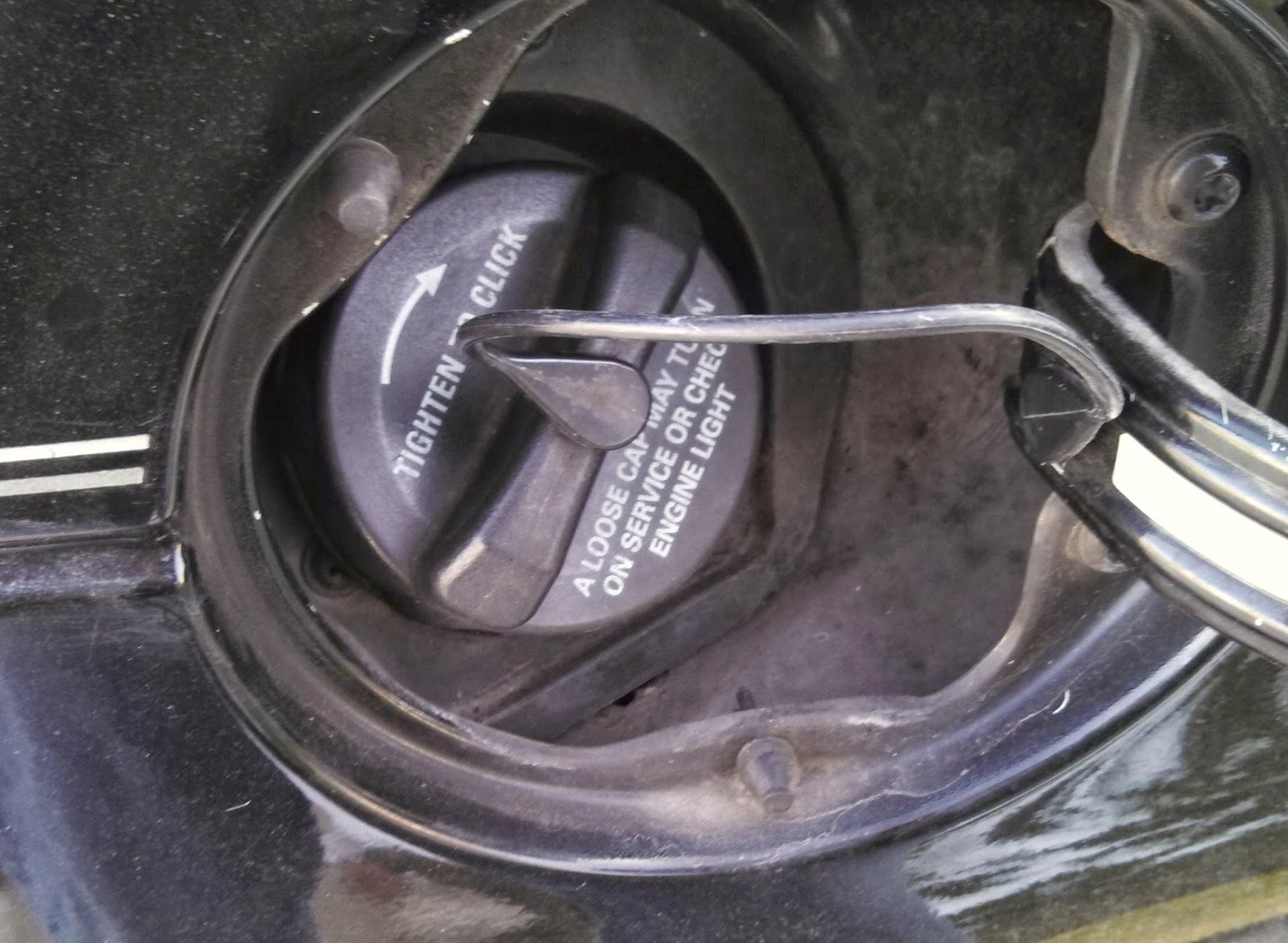Decoding the Honda Pilot "Check Fuel Cap" Message
That ominous "check fuel cap" message illuminating your Honda Pilot's dashboard can be a source of frustration. While it might seem like a minor inconvenience, ignoring it could lead to more significant problems down the road. This article will delve into the meaning behind this message, its underlying causes, and how to effectively address it to ensure your Pilot performs at its best.
Imagine this: you're cruising down the highway, enjoying a smooth ride in your Honda Pilot, when suddenly, the "check fuel cap" warning appears. What does it mean? Is it a serious issue? Should you pull over immediately? The answer is generally no, but it's a message you shouldn't ignore. This seemingly simple warning can be an indicator of several potential issues, ranging from a loose or improperly sealed gas cap to more complex problems within the evaporative emissions system.
The "check fuel cap" message in a Honda Pilot, and indeed in many modern vehicles, is a component of the onboard diagnostic system (OBD-II). This system monitors various aspects of the vehicle's performance, including emissions control. The evaporative emissions system (EVAP) is designed to prevent fuel vapors from escaping into the atmosphere. When the system detects a leak, often due to a loose or damaged gas cap, it triggers the "check fuel cap" warning light.
This feature first became prominent in vehicles in the late 1990s as part of stricter emissions regulations. The EVAP system and its associated warning light are crucial for maintaining air quality and reducing harmful pollutants. Ignoring the "check fuel cap" warning can not only lead to failed emissions tests but also potentially impact fuel economy and engine performance.
The most common reason for the "check fuel cap" message is, unsurprisingly, a loose, damaged, or missing gas cap. However, a faulty fuel cap seal, a cracked fuel filler neck, or even a small leak in the EVAP system itself can also trigger the warning. It's important to address this message promptly to pinpoint the root cause and prevent further complications. Simply tightening the gas cap is often the solution, but if the message persists, further investigation is necessary.
The "fuel cap warning" signifies a potential leak in the EVAP system. This system prevents fuel vapors from escaping the fuel tank and polluting the atmosphere. A leak in this system, however small, can trigger the warning light. The "check fuel cap message" can also indicate problems like a cracked filler neck or EVAP system component malfunction.
One obvious benefit of addressing the "check fuel cap" message is passing your vehicle's emissions test. A faulty EVAP system is a common cause of emissions test failures. Another benefit is potentially improved fuel economy. A leaking EVAP system can result in fuel vapor loss, which translates to wasted fuel. Finally, addressing the underlying issue promptly can prevent more significant and costly repairs down the line, such as replacing components of the EVAP system.
If you see the "check fuel cap" message, the first step is to check the gas cap. Make sure it's securely tightened. If the message persists after several driving cycles, you may need to inspect the gas cap for damage and consider replacing it. If a new gas cap doesn't resolve the issue, it's recommended to take your Honda Pilot to a qualified mechanic to diagnose and repair any underlying problems within the EVAP system.
Advantages and Disadvantages of the Check Fuel Cap System
| Advantages | Disadvantages |
|---|---|
| Helps protect the environment by reducing fuel vapor emissions. | Can sometimes trigger false alarms due to minor issues. |
| Can improve fuel economy by preventing fuel vapor loss. | Can be frustrating to diagnose if the issue isn't the fuel cap itself. |
| Provides early warning of potential problems in the EVAP system, preventing more costly repairs. |
Frequently Asked Questions
Q: What does the "check fuel cap" message mean? A: It usually indicates a problem with the fuel cap or the evaporative emissions system (EVAP).
Q: What should I do if I see the message? A: First, check and tighten the fuel cap. If the message persists, consult a mechanic.
Q: Can I drive with the "check fuel cap" message on? A: Yes, but it's best to address the issue promptly to avoid potential problems.
Q: How much does it cost to fix a "check fuel cap" issue? A: The cost can vary depending on the underlying problem.
Q: How can I prevent the "check fuel cap" message from appearing? A: Ensure the gas cap is always securely tightened after refueling.
Q: Will the "check fuel cap" message cause my car to fail emissions testing? A: Yes, a faulty EVAP system, often indicated by this message, can lead to emissions test failure.
Q: Is the "check fuel cap" message serious? A: While not immediately dangerous, it can indicate problems that should be addressed.
Q: Can I reset the "check fuel cap" message myself? A: Sometimes, tightening the fuel cap will clear the message after a few driving cycles. However, if the problem persists, a mechanic might need to diagnose and reset the code using a diagnostic tool.
The "check fuel cap" message, while seemingly minor, plays a crucial role in maintaining your Honda Pilot's efficiency and environmental friendliness. By understanding its significance, promptly addressing the underlying causes, and following preventive measures, you can ensure your Pilot runs smoothly and contributes to a cleaner environment. This proactive approach not only saves you money on potential repairs but also reinforces your commitment to responsible vehicle ownership. Don't ignore that seemingly small warning; it's a message worth heeding for the health of your vehicle and the environment.
Sunshine sweetness mastering the yellow and peach color combo
Decoding the allure of benjamin moore hazy sage
Decoding your rvs climate control a deep dive into dometic duo therm air conditioner parts














